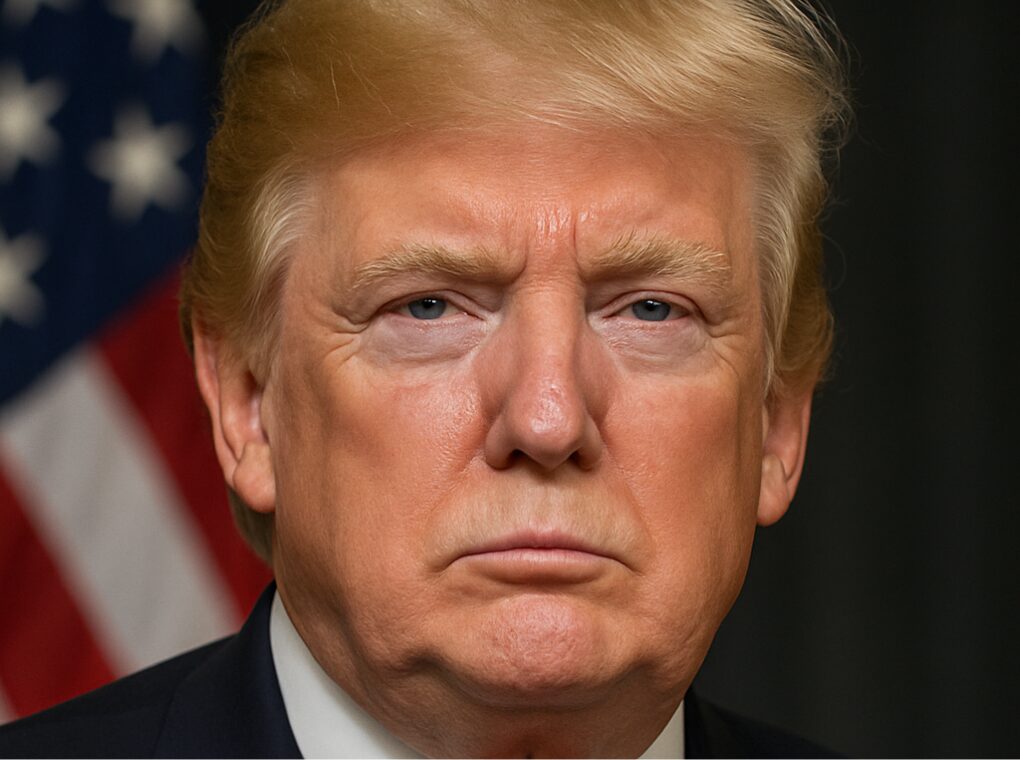In recent months, renewed attention has focused on U.S. President Donald Trump’s role in brokering the Abraham Accords, with supporters arguing that the historic normalization agreements between Israel and several Arab nations merit Nobel Peace Prize recognition. Critics, however, remain sharply divided over the legacy and long-term impact of the deals.
What Were the Abraham Accords?
Signed in 2020, the Abraham Accords marked the normalization of diplomatic relations between Israel and the United Arab Emirates, followed by Bahrain, Sudan, and Morocco. These agreements represented a major shift in Middle Eastern diplomacy, breaking with the long-standing Arab consensus to condition ties with Israel on the resolution of the Palestinian issue.
Brokered under the Trump administration—with close involvement by Trump’s son-in-law and advisor Jared Kushner—the accords were hailed by some as a breakthrough for peace in the region, ending decades of silence and opening up channels for trade, tourism, and technological cooperation.
The Case for the Nobel Peace Prize
Trump’s supporters argue that his unconventional diplomatic approach helped achieve tangible progress where traditional efforts had long failed. “No other modern U.S. president has facilitated such direct peace agreements in the Middle East since Carter’s Camp David Accords,” said Richard Goldberg, a former U.S. National Security Council official.
Proponents also point to the absence of war or major conflict between signatory states since the agreements were signed as evidence of their stabilizing impact.
Senator Lindsey Graham recently reignited the call for Nobel recognition, stating in an interview: “Love him or hate him, Trump accomplished something in the Middle East that very few believed possible. That should be recognized at the highest level.”
Critics Push Back
However, not all observers are convinced. Detractors argue that the Abraham Accords sidestepped the Israeli Palestinian conflict and offered little more than strategic realignment against Iran, rather than genuine reconciliation.
“Calling this ‘peace’ without resolving the core issue is misleading,” said Hanan Ashrawi, a Palestinian politician and activist. “It’s normalization for economic and military gain—not for justice.”
Others note that the deals were facilitated through arms sales and political incentives, including U.S. recognition of Morocco’s claim to Western Sahara, raising ethical and legal concerns.
Nobel Committee Silent
The Nobel Peace Prize Committee, based in Oslo, has not commented on the renewed debate. According to the prize rules, nominations are kept confidential for 50 years, though several lawmakers and academics have publicly said they nominated Trump in past years.
While the final decision rests with a five-member Norwegian committee, political controversies have historically influenced Nobel decisions, making it uncertain whether Trump will ever receive the honor.
A Lasting Legacy?
Regardless of accolades, the Abraham Accords have reshaped regional dynamics. With further potential normalization between Israel and Saudi Arabia reportedly on the table, Trump’s role in triggering this wave of diplomacy may continue to be debated for years to come.
As the Middle East navigates new alliances and evolving threats, one question remains: Was Trump’s deal-making a path to lasting peace—or a political detour with unresolved consequences?
